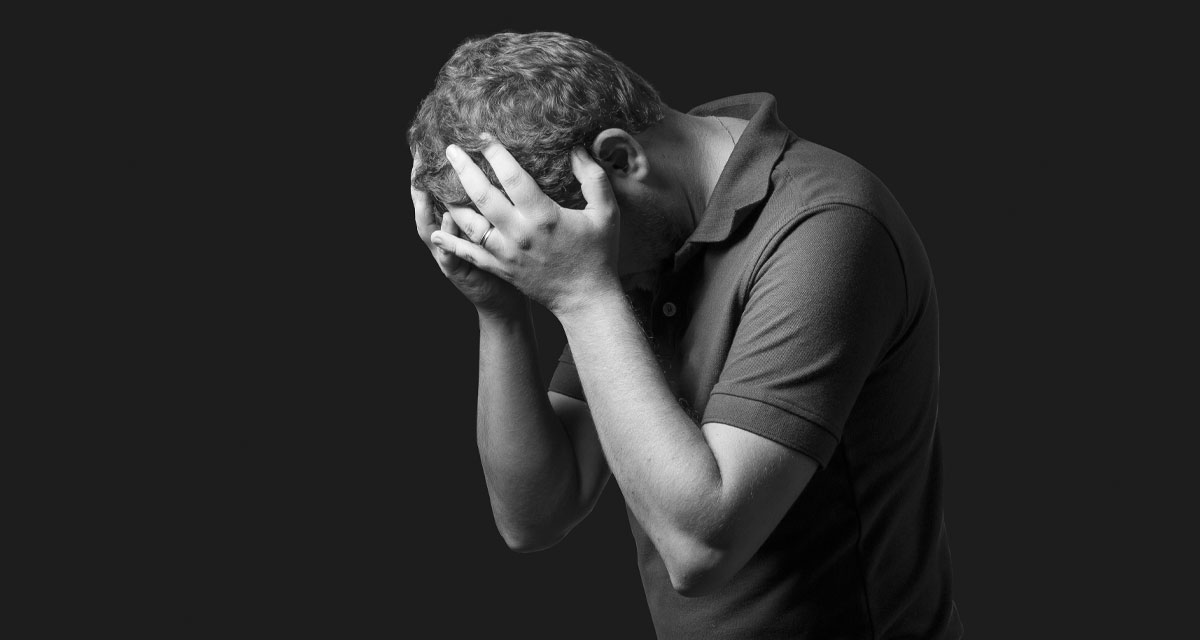Mental health has always been a prevailing issue among human beings. With 2020 being such an eventful year for many reasons—a pandemic, racial injustice resulting in further violence, and economic crises—depression rates are rising. As of this year, 322 million people are suffering from depression worldwide, according to the World Health Organization. Women are twice as likely to suffer from depression as men.
Although depression is difficult to deal with and can become severe, many beautiful, practical gifts, abilities, creations, and characteristics come out of it.
“Life is meaningful”
Those who are hit with depression and experience a deeper side of it become highly aware of the beauty of the world, of life. Because they have had to live life in such a heavy state of mind, they have a strong inclination towards seeking as much peace and beauty as the world has to offer. They believe that they have seen the cruel aspects of life, the world, and people, so they naturally try to balance it out by seeking out the positive aesthetics of it all as a way of healing. These individuals seem to be drawn to nature, meditation, peaceful music, and, many times, the arts (and may even have a knack for creating art!). They become more nuanced in how they view life and people. Because their mental health causes them to perceive the worst in things—which makes their life experiences more difficult—they come out of their depressive state wanting to seek the meaning of life.
Obsessiveness
Emily Dickinson, still a popular poet today, dealt with severe depression and stayed obsessed with the topic of death all her life. Such a dark theme drenched her poetic works and made her legendary. Marie Curie, another clinically depressed, but intellectually superior woman, constantly busied herself in her scientific studies, which made her a pioneer of X-ray radiation! How does this happen while such a dark cloud hovers over them? One famous by-product of depression is obsessiveness—keeping obsessive thoughts and obsessive actions at bay (especially when the person also deals with anxiety). It is a known fact that depressed individuals—especially those with a higher IQ—attempt to escape their depression by searching deeply within their own craft. A depressed creative person is fueled by their intense obsession with a particular idea or thing. For instance, a writer or a visual artist with depression may slip into prolonged periods of intensive work. They may write for six hours or more, or spend the entire day painting a self-portrait that captures whatever story they want to tell. However, there’s also the chance of obsessive and self-defeating procrastination before engaging in a project, or the hindering fear that one’s work may not be as great as expected. But these same obsessive thoughts can be what leads one to greatness. It’s all in how they respond to them.
Healthy perfectionism
Perfectionism is another trait that stems from depression. People with depression tend to develop a fear of failure, rejection, or embarrassment, mainly because of their past experiences of not measuring up, or having been excessively praised for previous work. Thus, perfectionism rises to the surface. Nevertheless, being a perfectionist can be quite practical! Depressed individuals have a strong sense of realism from life experience. Although they don’t like reality, they are acquainted with it very well. Those who are skilled at working around their depression know how to set realistic expectations, which are easier to meet, and they will go to great lengths to reduce the chances of failure.
Creativity
Singers Adele, Billie Eilish, and Demi Lovato all share one thing: they have all suffered depression. But they’re all known for their amazing lyrics! Depressed individuals—especially those with artistic inclinations—find creative outlets during their episodes of depression. Creativity is normally sparked by a strong emotion or inspiration, whether positive or negative. Some of the world’s greatest works of art came from those who suffered from depression.
Empathy
Depression gives its victims stronger empathy. Because they feel so deeply, this helps them better identify with the human condition, experiencing others’ emotions as their own, and learning to see things from all angles. This empathy affects their works, whether they be novels, filmmaking, or even journalism.
Perhaps there is a reason you’re going through this season. Depression is a serious matter, but one can learn how to thrive, despite it all!
For help, hotlines, and counseling, contact your local mental health treatment centers.























